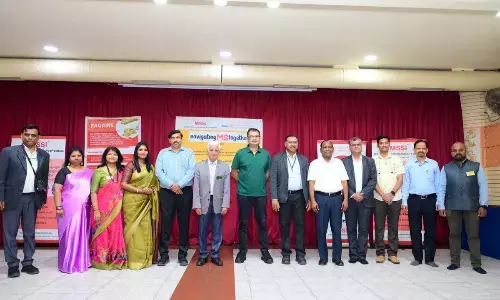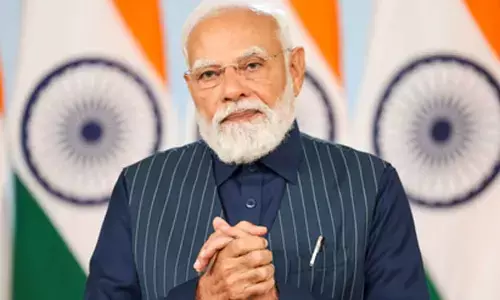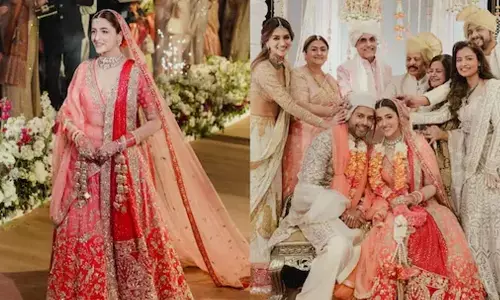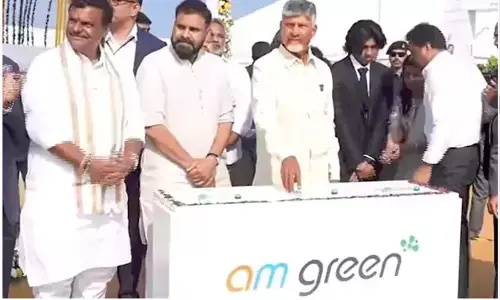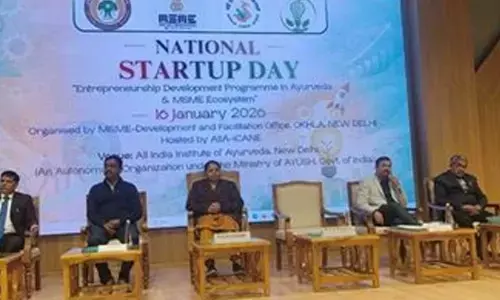Meet on Deccan ties with Iran on Feb 16-17
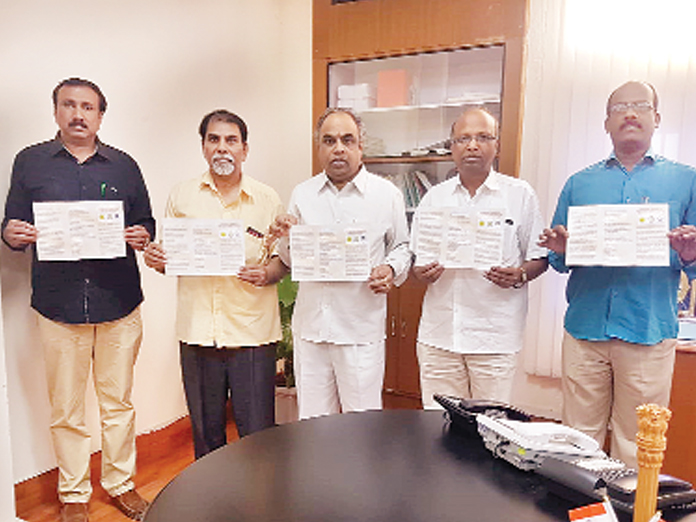
The Deccan History Society Hyderabad, in collaboration with the Department of History at Dr BR Ambedkar Open University, Iran Culture House Mumbai and Iran Consulate Hyderabad, is going to organise its 2nd annual 2day international conference on socio, political, economic and cultural relations of Deccan states with Iran from 14 to 18 century on February 16 and 17 at Dr B R Ambedkar Open Universi
Hyderabad: The Deccan History Society Hyderabad, in collaboration with the Department of History at Dr BR Ambedkar Open University, Iran Culture House Mumbai and Iran Consulate Hyderabad, is going to organise its 2nd annual 2-day international conference on socio, political, economic and cultural relations of Deccan states with Iran from 14 to 18 century on February 16 and 17 at Dr B R Ambedkar Open University.
Delegates from Iran, Turkey and scholars from Deccan will attend the conference.
On Thursday, the information broacher was launched by Prof. Seetarama rao, vice chancellor at Dr BR Ambedkar Open University, Prof. Venkaiah, registrar, Prof.Syed Ayub Ali, general secretary of Deccan History Society, Dr v Srinivas, a history teacher, Dr G Dayakar, HoD at Department of History.
Speaking to The Hans India, prof. Syed Ayub Ali, general secretary of the society, said the theme of the seminar would be the Deccan plateau region in South India, which was ruled by Vijaya Nagara rulers and Bahmani Sultans from 14th to16th centuries and during 16 to18th century.
The area was comprised of Adil Shahis at Bijapur; Nizam Shahis at Ahmadnagar; Barid Shahis at Bidar; Imad Shahis at Berar, Qutb Shahis at Golconda-Hyderabad.
With the emergence of Maratha state during the 17th century and in the early 18th century, Hyderabad state came under the Asaf Jahis dynasty.
The territorial extent of these states covered almost the entire South Indian peninsula. “This seminar is being organised for better understanding of the Deccan Heritage and its promotion,” he said.
The last date for receipt of abstract is January 25 and submission of full length paper is January 31.
According to the professor, Deccan was the gateway to adventurous immigrants from Iran and other west Asian countries. The foreign immigrants, known as Afaqis, played a vital role in the life and times of the people of the Deccan.
They entered all walks of life and penetrated into the state administrative systems and were able to control the destiny of the Deccan States as well as the people.
Eminent Iranians rose to the high positions and even became rulers. These Iranian potentates further encouraged immigration on a larger scale.
There was a regular influx of Iranians seeking livelihood in the Deccan throughout the centuries.
Thus the circumstances also resulted in establishing regular relationships between the Deccan states and Iran.
“These relations were multifarious -- ethnic, religious, political, diplomatic, linguistic, cultural, economic including international trade, etc.
The relations had a great impact on the life and culture of the people and on art and architecture which still survives as great heritage of the Deccan,” he added.








